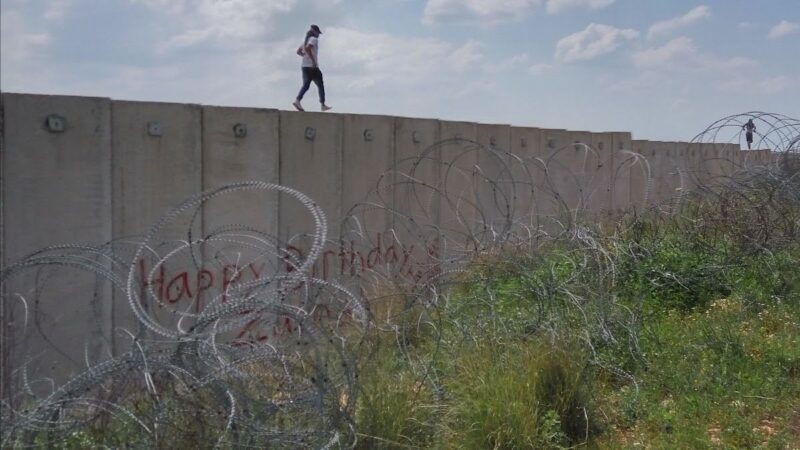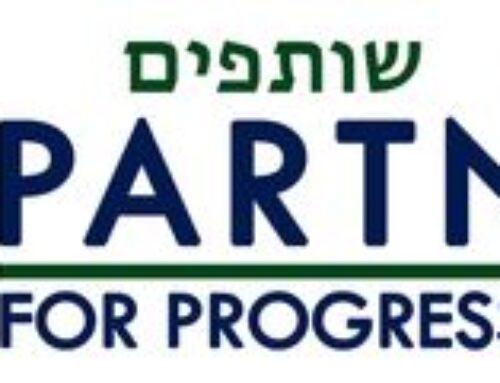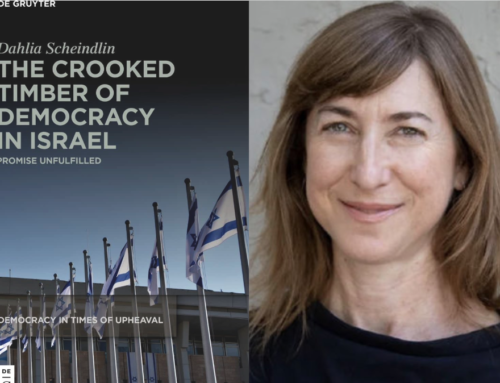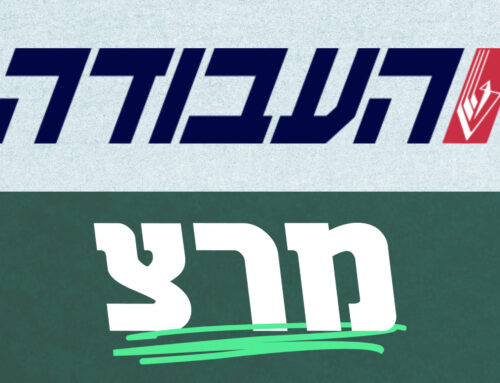As an organization devoted to the civil rights of Israel’s inhabitants and to the human rights of all those living under Israel’s control, Partners for Progressive Israel applauds the painstaking work of human rights organizations in Israel, Palestine, and worldwide, including that of Human Rights Watch.
In recent days, Human Rights Watch’s new report, “A Threshold Crossed,” has come under attack for arguing that Israel’s behavior and policy in the occupied territories amounts to the crime of apartheid. That argument is based on three legal criteria laid out in a 1973 UN convention that defined that term: That Israel’s policy is guided by intentional domination of Jews over Arabs; that Israel systematically oppresses the Palestinian Arabs under occupation; and that inhumane acts, such as denial of basic human rights, are carried out in the occupied territories as part of such oppression.
Our organization does not purport to be an arbiter of international law. But while we cannot determine whether Israel’s policy and behavior in the occupied territories rises to the level of apartheid, we do assert that the occupation constitutes a system of oppression in which those under occupation are undeniably denied equal human rights.
In decades past, Israeli governments have claimed that their policies in the West Bank and Gaza Strip, however harsh, were born of a need to preserve order and security during a period of occupation that would ultimately be ended via negotiations. In recent years, however, the Israeli government under Binyamin Netanyahu, has made clear that occupation is no longer considered an interim state of affairs to be maintained until agreement is reached, but is now a preparatory stage for unilateral annexation (first de facto, then formally de jure) in which Palestinians will be confined to small, noncontiguous autonomous zones that will continue to be dominated by Israel. In other words, occupation today is part of a plan for permanent undemocratic Israeli control without asking for or seeing the need for the agreement of the governed – a plan being carried out, first and foremost, in pursuit of ethnic and religious aims and in the name of Jewish “ownership” rather than national security interests.
Israel, of course, is not South Africa. It was not founded on a myth of racial superiority. Many in Israel continue to believe in the equal value of all human beings, and some Israeli governments have sincerely sought to resolve the conflict through just compromise. We stand allied with those Israelis. Within sovereign Israel, inside the Green Line, unacceptable institutionalized discrimination undoubtedly continues to exist, but that reality is far from the conditions in the Occupied Territories and, in and of itself, cannot be termed apartheid, as Jimmy Carter recognized in 2006. Conjuring up the image of apartheid South Africa, or of the Jim Crow American South, might therefore mislead the general public as much as it illuminates. And the word “apartheid” itself often ends up providing fodder for those who would deny Israel’s documented human rights abuses by allowing them to redirect attention away from the abuses themselves and into a debate over terminology.
Ultimately, the question that must be addressed is not whether “apartheid” is the correct legal or political term, but how peace-seekers in Israel, Palestine, and the international community can work together to end the oppressive system now in place. Whether we call it “apartheid” or we don’t, the system in place is unquestionably one of oppression and we appreciate the work of Human Rights Watch in continuing to focus American and international attention on that reality.







In its January report, B’Tselem was fairly conclusive in classifying Israel as an apartheid state – not just the occupied territories, but behind the Green Line as well. And not just now, but going back to the founding of the state. If you don’t like the term ‘apartheid’, perhaps the Hebrew equivalent ‘hafrada’ is more pleasing?